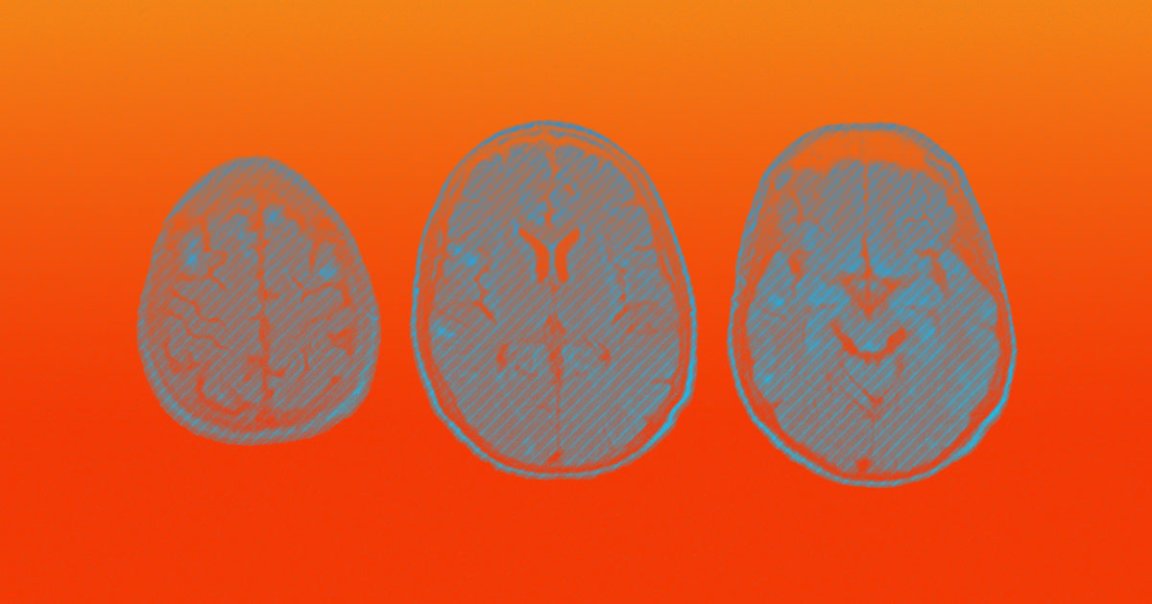
Scientists are warning that we may be overlooking serious brain disorders that are triggered by the coronavirus that causes COVID-19, which could affect even those who only experienced mild forms of the widely-known symptoms. In some cases, they say, these neurological issues can be so severe as to be fatal.
A new research paper, by a team of researchers from University College London’s (UCL) Institute of Neurology and published in the influential journal Brain today, examined 43 COVID-19 patients who experienced a wide range of brain disorders, seemingly as a result of the coronavirus.
These included strokes, as well as a strikingly high incidence of acute disseminated encephalomyelitis (ADEM), a rare neurological disorder characterized by widespread inflammation in the brain.
Eight patients experienced strokes, while another eight had peripheral nerve damage diagnosed as Guillian-Barre syndrome, a condition in which the body’s own immune system attacks nerves.
The new research highlights how little we know so far about how the deadly virus affects the body. COVID-19 has also been shown to have devastating effects on the lungs, blood vessels, and even the heart.
“We’re seeing things in the way COVID-19 affects the brain that we haven’t seen before with other viruses,” Michael Zandi, a senior author on the study and consultant neurologist at UCL, told The Guardian.
“What we’ve seen with some of these ADEM patients, and in other patients, is you can have severe neurology, you can be quite sick, but actually have trivial lung disease,” he said, adding that ADEM can leave some patients with long-term disabilities while others are much better off.
The paper described the case of a 55-year-old woman who experienced severe hallucinations, including seeing monkeys and lions in her house, after being discharged from hospital. How commonplace that type of event is remains unclear.
“We want clinicians around the world to be alert to these complications of coronavirus,” Zandi told The Guardian. “The message is not to put that all down to the recovery, and the psychological aspects of recovery. The brain does appear to be involved in this illness.”
Zandi also warned of a “hidden epidemic” that could follow the current crisis, with discharged patients experiencing similar brain disorders, but noted that “its far too early for us to judge now.”
The scientists are hoping their research could inform future rehabilitation plans for recovered COVID-19 patients.
“Doctors need to be aware of possible neurological effects, as early diagnosis can improve patient outcomes,” Ross Paterson from UCL’s Queen Square Institute of Neurology told AFP.
READ MORE: Warning of serious brain disorders in people with mild coronavirus symptoms [The Guardian]
More on COVID-19: US Pandemic Advisor Says the Country Needs to Shut Down Again